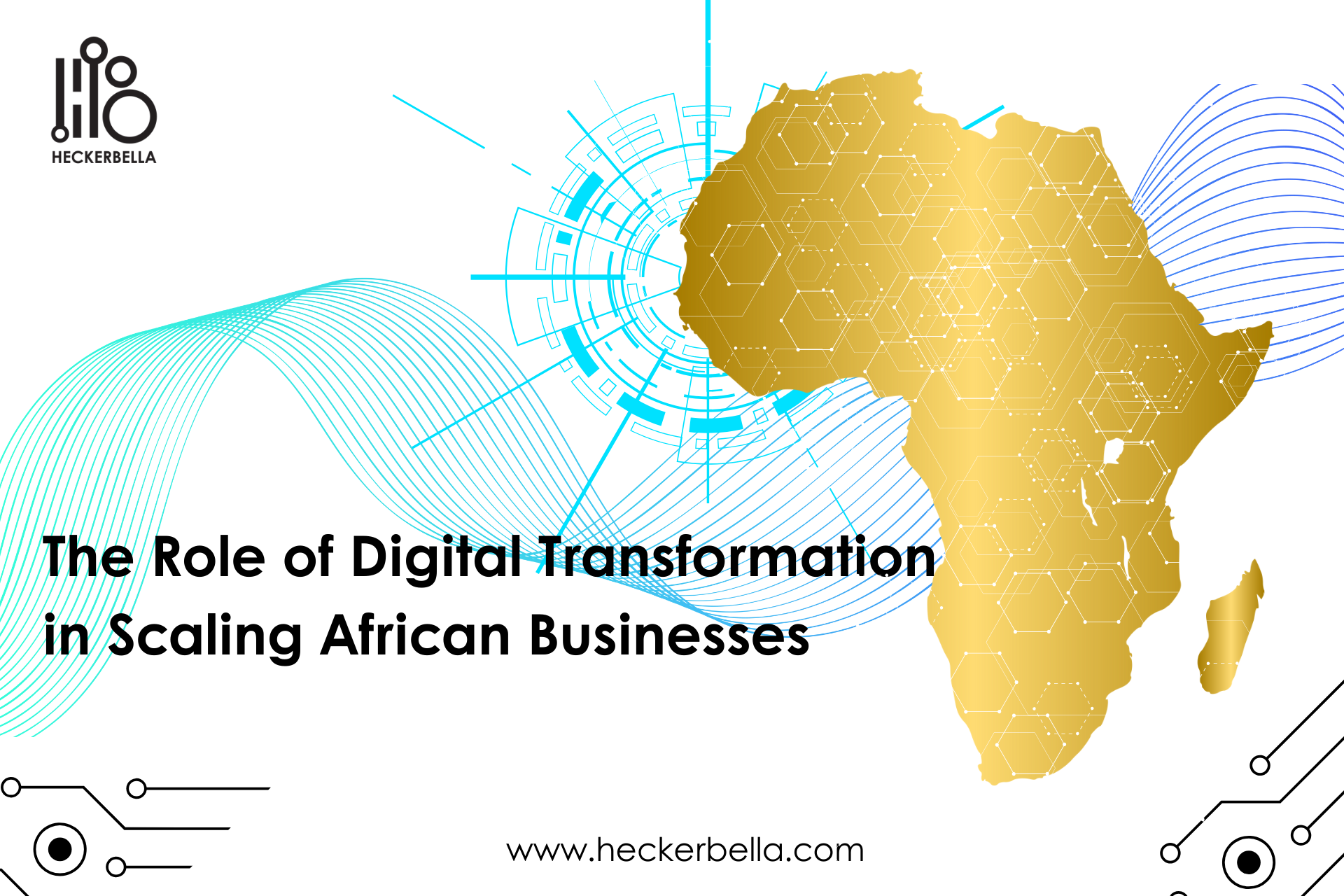Level Up Your Engagement: Gamification’s Double-Edged Sword – Opportunities and Challenges in Africa.

Forget textbooks and dull training modules. Gamification is transforming engagement by injecting playful elements into everyday activities. From education and healthcare to marketing and employee training, game mechanics like points, badges, and leaderboards are making experiences more fun, motivating, and ultimately, more effective. Across Africa, classrooms grapple with limited resources, large class sizes, and diverse learning styles. Gamification emerges as a promising tool, injecting fun and engagement into education, potentially transforming the learning experience for millions. However, unique challenges exist in this African context, demanding tailored solutions to ensure inclusive and impactful implementation.
Opportunities
- Enhanced Learning: Gamified educational platforms can transform dry subjects into interactive and engaging experiences, boosting knowledge retention and motivation in students of all ages. Imagine learning history by conquering virtual quests or mastering math skills through interactive games.
- Motivated Employees: Gamified training programs and performance management systems can increase employee engagement, improve productivity, and foster a culture of healthy competition and collaboration within organizations.
- Loyal Customers: Gamified loyalty programs can incentivize repeat business, boost customer engagement, and provide valuable data-driven insights into customer behavior. Imagine earning rewards for completing tasks, unlocking exclusive offers, and climbing leaderboards – all while interacting with your favorite brand.
- Improved Healthcare Outcomes: Gamified healthcare apps can encourage healthy habits, promote medication adherence, and make health education more engaging, leading to better overall health outcomes. Imagine earning points for completing exercise challenges, tracking your mood, or learning about healthy lifestyle choices.
Challenges
- Overly Simplistic Design: Gamification without proper understanding of user needs and motivation can backfire, leading to disengagement and frustration. Ensuring a well-designed and engaging experience is crucial.
- Addiction and Unethical Practices: Excessive gamification can lead to addictive behaviors and manipulation, exploiting psychological vulnerabilities. Ethical considerations and responsible design are paramount.
- Inequity and Accessibility: Unequal access to technology and digital literacy skills can create a digital divide, excluding certain communities from the benefits of gamification. Inclusive design and equitable access are essential.
- Measuring Success: Defining and measuring the success of gamification initiatives can be challenging. Setting clear goals, tracking relevant metrics, and evaluating impact objectively are crucial.
Mitigating the Risks
- Focus on User Experience: Design gamified experiences that are fun, engaging, and cater to diverse user needs and motivations. Conduct user research and gather feedback to ensure inclusivity and positive impact.
- Prioritize Ethical Design: Implement ethical practices that avoid manipulation, respect user privacy, and promote healthy engagement. Transparency and user consent are key.
- Bridge the Digital Divide: Invest in initiatives that expand access to technology and digital literacy skills, ensuring everyone can benefit from gamification opportunities.
- Track and Evaluate: Define clear goals, track relevant metrics, and conduct regular evaluations to measure the impact of gamification initiatives and adapt them based on data-driven insights.
The Way Forward
Gamification offers immense potential for innovation and engagement in Africa. However, to unlock its full benefits and avoid potential pitfalls, responsible design, ethical considerations, and addressing the digital divide are crucial. By prioritizing user experience, fostering inclusivity, and measuring impact effectively, gamification can truly level up engagement, creating positive outcomes for businesses, communities, and individuals alike. Remember, it’s not just about points and badges; it’s about using game mechanics thoughtfully to create meaningful and impactful experiences that benefit everyone involved.




